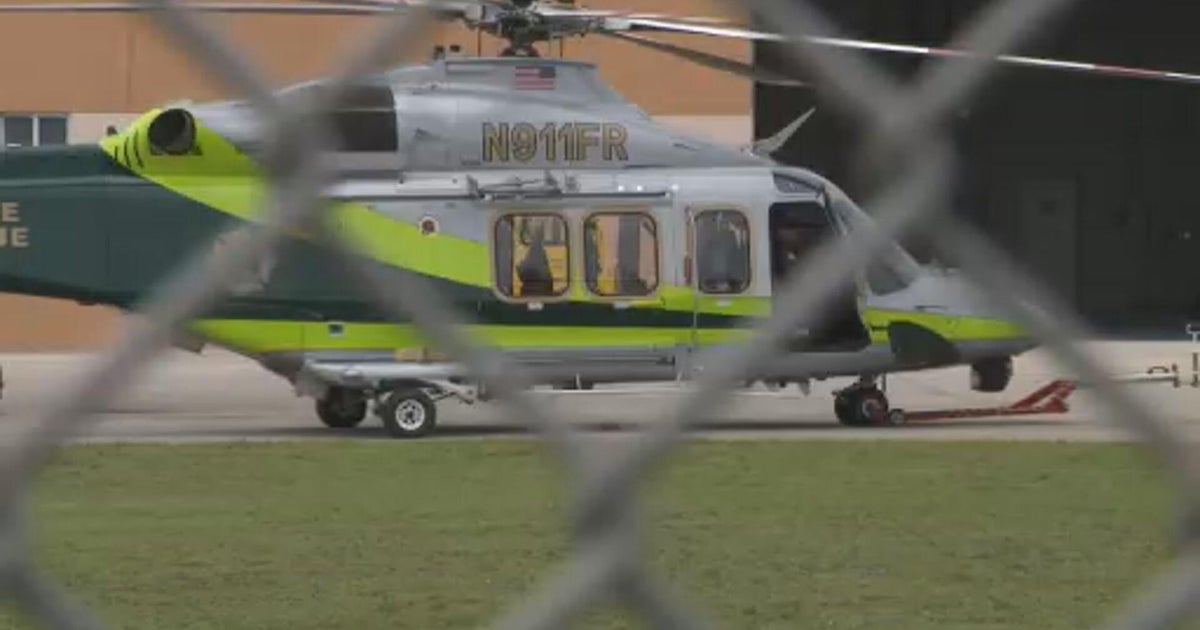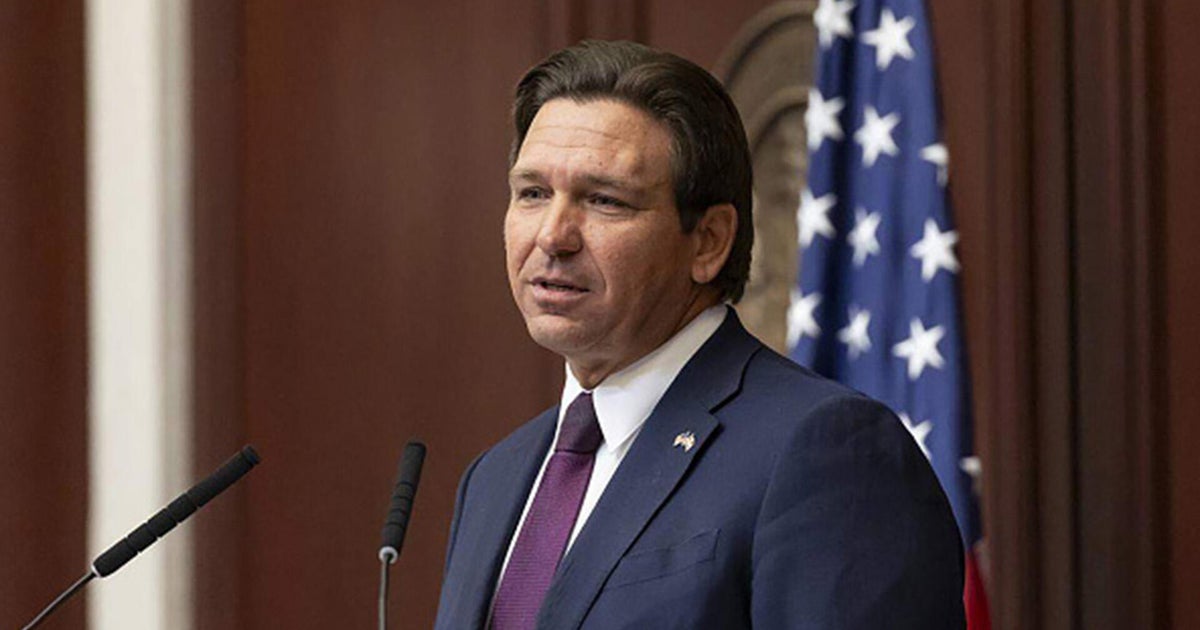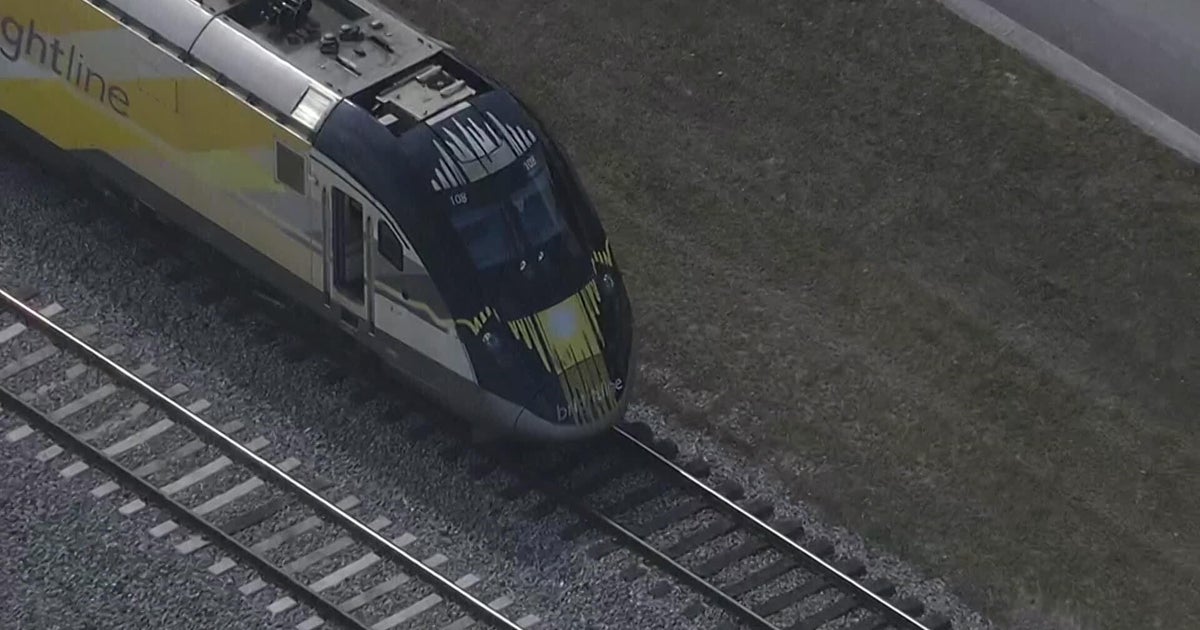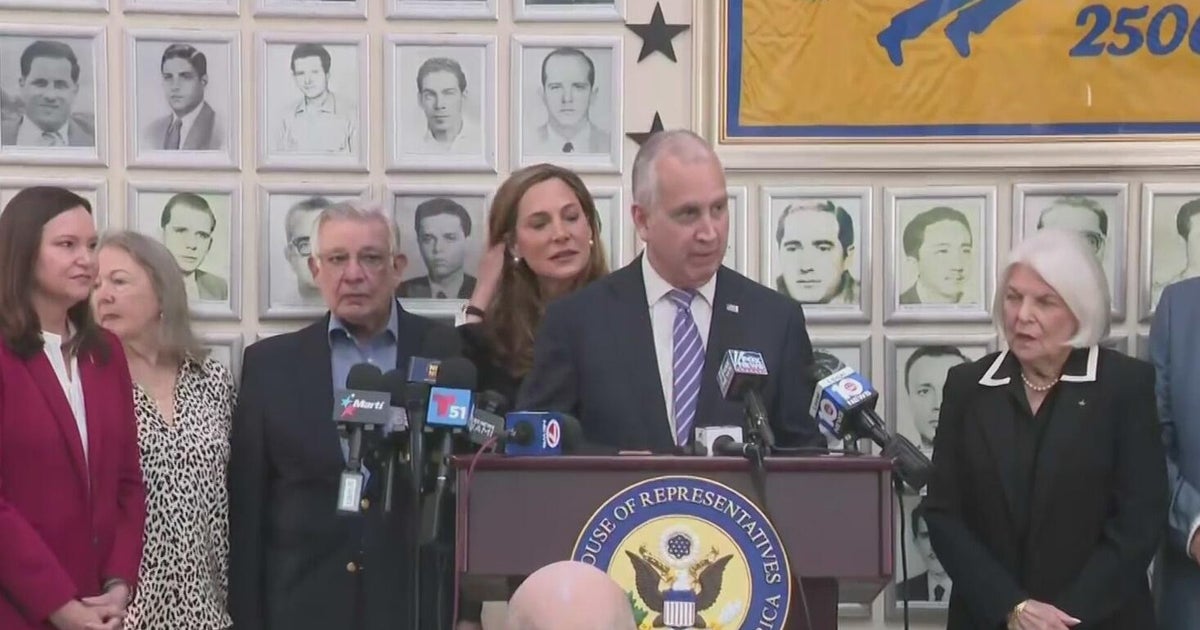The Miami-Dade Fire Union is threatening to sue county officials over a budget dispute that could affect public safety services. The bone of contention: Who will pay for the operation of air rescue helicopters used by Miami-Dade Fire Rescue?
The helicopters, which provide crucial emergency response services, cost approximately $28 million annually to operate. According to the fire union, the new budget plan could force Miami-Dade Fire Rescue to cover these costs, potentially affecting services for residents across the county.
A crucial service under fire
Mayor Daniella Levine Cava recently announced a $400 million deficit in the county’s budget, which has led to concerns about funding for vital public services. According to the Miami-Dade Fire Union, the county’s new fiscal approach could result in the public, specifically residents of unincorporated Miami-Dade and several municipalities, footing the bill for air rescue services.
“There are four helicopters stationed across Miami-Dade that help with emergencies, like fighting brush fires, providing search and rescue at sea, and assisting ambulances,” said William McAllister, President of the Miami-Dade Firefighters Union. “These helicopters are a county asset, but if the costs are shifted to Miami Dade Fire Rescue, it will disproportionately impact the people living in unincorporated areas, forcing them to cover the cost for the entire county.”
A ripple effect on fire rescue operations
The union has raised concerns about how this cost-shifting could reduce the resources available to firefighters on the ground. According to McAllister’s statements, if the fire department is expected to pay for the helicopters, there could be fewer firefighters on the streets and fewer trucks available to respond to emergencies.
In 2020, Miami Dade Fire Rescue replaced its aging fleet of helicopters with four new units, borrowing $70 million to repay over 20 years. The county had previously agreed to contribute to the payment of these costs, but now, that funding could be redirected elsewhere to offset the county’s budget deficit.
“Out of the $28 million, $4-5 million goes toward the debt service for the helicopters,” said McAllister. “The rest of the money covers operational costs for these air units, which serve the entire county.”
The county’s response
CBS News Miami reached out to Mayor Daniella Levine Cava for comment, and while the mayor was unavailable, a statement was provided. The statement read:
“Public safety, including fire rescue, remains my top priority as Mayor. Regarding the air rescue fund, these costs were moved to the fire budget in the current fiscal year (24-25). It is important to stress that this change had no impact on vital fire rescue services or public safety, and the proposed budget for the coming fiscal year continues to increase funding for Miami Dade Fire Rescue as we have done every year.”
Union and municipalities seek a solution
The dispute has also caught the attention of other municipalities that benefit from the helicopter services. Fire departments from surrounding cities have sent a letter in support of the Miami Dade Fire Union’s position, arguing that air rescue services are a county-wide benefit and should not be solely funded by one subset of the population.
The union and the mayor’s office are now in discussions, with firefighters hoping to reach a resolution that avoids the need for legal action.
Firefighters told CBS News Miami that they are hoping to sit down with Mayor Levine Cava and find a solution that doesn’t end up in court.
This ongoing budget debate continues to raise questions about how Miami Dade County will allocate its resources, and whether the funding of critical emergency services like air rescue should be shared by all or should fall disproportionately on certain residents.
For now, the firefighters and residents of Miami Dade will be closely watching how this issue plays out in the coming months.



